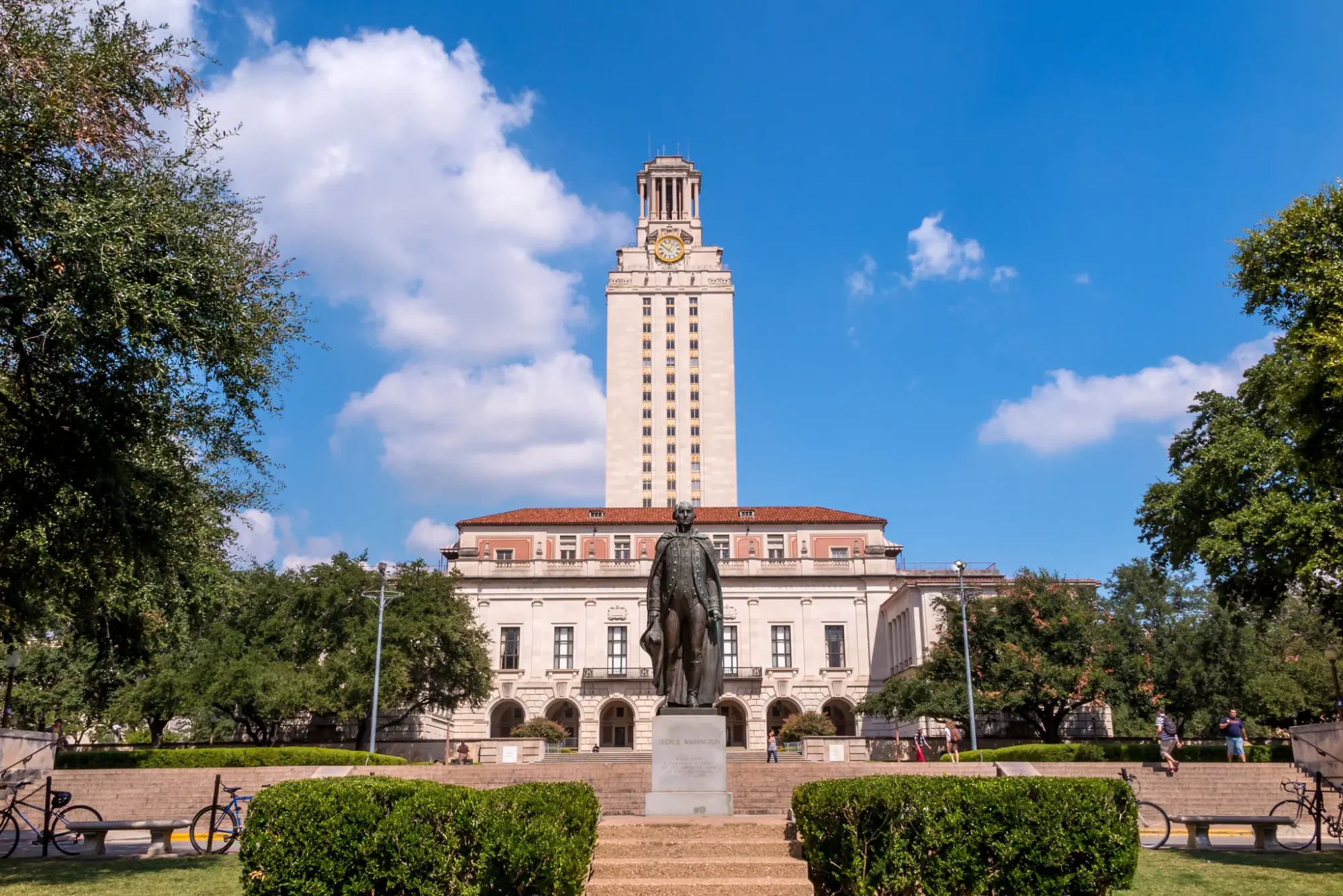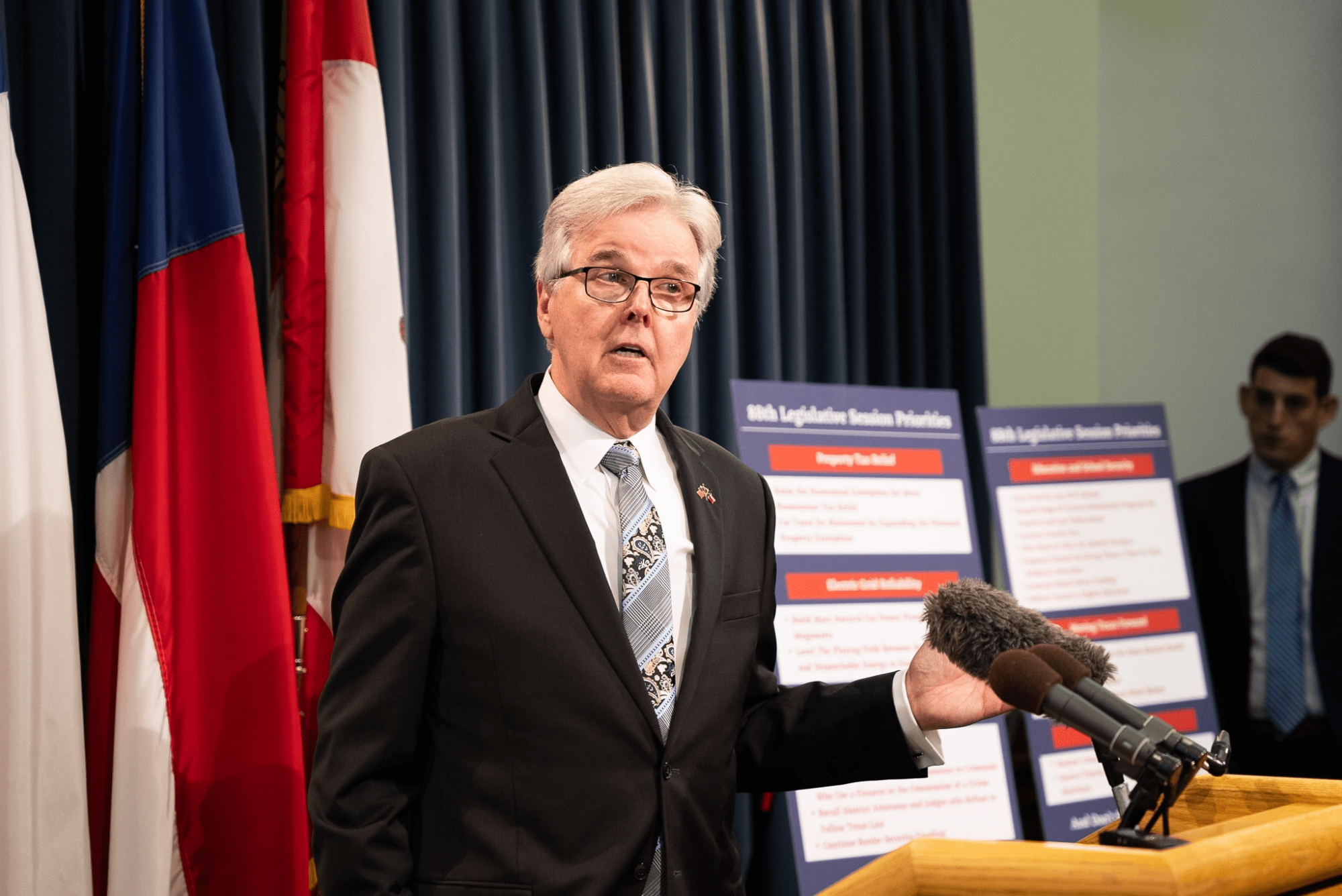President Obama wants to make your life easier, if you’re a college graduate with student loans. He’s issued an executive order that is supposed to consolidate student loans to cut interest rates, limit student loan payments to 10% of a graduate’s income, and forgive outstanding debt after 20 years. Well, gosh, that’s going to be awesome – right? Not so fast.
President Obama’s plan is laden with problems. There’s the incontrovertible fact that student loans are among the riskiest loans out there, and putting a “20 years and its forgiven” stamp on them just makes that worse. Who’s going to make paying back student loans a priority with that kind of promise at the end of the tunnel? There’s the fact that new loans will be direct loans, but that there is $400 billion in outstanding loan debt that wasn’t – and do we really think that the Department of Education is capable of handling direct loans? The job market for bachelor degree recipients is in severe peril (the jobless rate for those individuals is 5.1% – 1970 comes knocking once again). The rate of return on investment in these loans is sinking all the time, tuition prices are continuing to skyrocket, and the pressure to go back to school so one can become more “marketable” is higher all the time.
They aren’t telling you that the interest rate on student loans is set to double next summer, for instance, meaning that the average borrower could expect to pay about $5000 more in just ten years of loan repayment. The government gets the loans at a 1% rate, so where is the money going? Why, Pell grants and other incentives that keep the rate of tuition high, as it happens. Congressman John Kline (R-MN), chairman of the U.S. House Committee on Education and the Workforce, calls the excess collected by the government during loan repayment a “slush fund.” That’s probably being kind.
What about the actual impact this will have for those with current outstanding debt? Over at The Atlantic, Daniel Indiviglio believes the fiduciary impact will actually only be about $10 a month. He also points out that disposable incomes haven’t increased at the same rate that student loans have – 73% compared to 511% since 1999. Over the last decade, the amount of debt a bachelor’s degree recipient graduates with has gone from just over $17,000 to nearly $30,000 – and remember, that’s the average, and doesn’t include post-graduate degree debt. That number reflects the ever-higher cost of tuition, but it also tells a sorrier story, that students are willing to borrow more because they believe there’s something waiting for them at the end. Over the last decade, especially in the last four years as the economy crumbled, we know that the promises were empty.
President Obama put this whole thing into motion (well, he sped it up – parts of this were due to go into effect in 2014 anyway) almost as a way of connecting with the Occupy protesters, among whose complaints is student loan debt. It does absolutely nothing, however, to address the real problems. Whatever happened to the “pivot” to jobs the administration was going to do? Did they scrap that in favor of coming up with ideas to make not having a job more palatable? If so, they failed there, too.
It is tempting to listen to President Obama’s dreamy, co-ed friendly speeches on the need for student loan forgiveness and buy into the rhetoric. However, I didn’t go into debt for an education so that I could be wooed by rhetoric and promises of unicorns and castles, and I’m sure most of you didn’t, either. Reality must intrude, and so it does. A college diploma is not a ticket to a corner office in a high-rise with a fat paycheck and benefits program. Even when the economy wasn’t so flaky, a bachelor’s degree in liberal arts (the number one choice for most college students) was good for an entry-level position that, yes, you might have qualified for with a high school diploma and a few years washing dishes at Chili’s. Lowering your monthly student loan payments by less than what it costs for a decent lunch at Chili’s isn’t going to help you out in a serious way, and President Obama likely knows that. He’s just singing a song to lull you into submission, a veritable Pied Piper preaching from the podium that he “feels your pain.” It doesn’t take a college education to recall what happened to the children of Hamelin when the Pied Piper played his lute, I hope.



